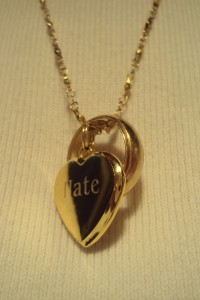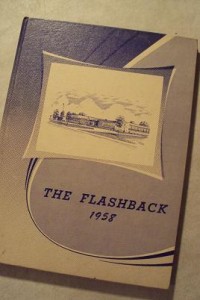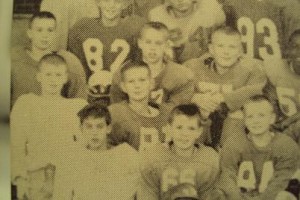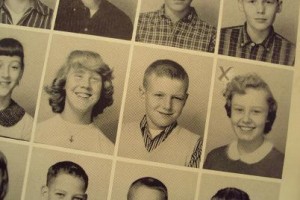During the night God gave me a gift – ten hours of sleep. I can’t remember ever sleeping like that, although as a teen I surely must have.
Yesterday had been strewn with melt-downs and tear-ups, and one thing I’ve learned during the eight months since Nate died is that grieving is exhausting. Although I didn’t expend much physical energy yesterday, by the time I crawled into bed, I was whipped.
Before Nate died, I had no idea about this part of new widowhood, but now I’m getting an education. Years ago I asked a recently widowed friend if she wanted to come for lunch, just her and me. I knew enough not to invite a crowd but had no understanding of how hard she was struggling to cope. Without even pausing to consider my offer, she said, “Oh, I couldn’t possibly. I don’t have the energy.”
Her response took me by surprise. I’d planned a simple lunch, assuming talking with someone who cared about her would be encouraging, maybe even strengthening. I had no knowledge of the drain it would be for her to get ready, drive to my house, answer my questions and struggle to maintain composure throughout her visit. Now, because I’ve been on the flip side of that situation, my friend’s rejection of the lunch makes complete sense.
The process of grieving a loved one is strenuous, and losing a spouse is wrenching. Although I’ve seen both of my parents pass away and experienced deep sadness both times, grieving for Nate is in a separate category. When people get married, they “leave and cleave,” which is biblically correct and should set parents down a peg on the priority list. After marriage, a husband trumps mom and dad.
As the years and decades of marriage compile, the marital bond strengthens, or at least that’s the way it should be. Though we’ve known our parents longer than our mates, the parental bond doesn’t have the power of two-becoming-one.
Mary asked me yesterday if I missed Nate more than I expected I would. The answer? Definitely. It seems there’s no end to my discovery of the ways he was dear to me. We were undeniably two halves of a whole, but when he was with me, I didn’t give much thought to that idea. Now that he’s gone, it’s painfully evident. And when half of anything is removed, the other half falls.
Since none of us can “walk in another’s moccasins” until our experiences overlap, we can’t appreciate someone else’s response to a life crisis, just as I couldn’t comprehend why my friend didn’t want to come for lunch. But as we live through our own experiences, we gain understanding. The gains come with pain, but they eventually become the way we can help others. Maybe that’s why my Widow Warriors are so precious to me and have blessed me profoundly. They’ve already walked the road I’m on, which validates their counsel. And many of them have advised me to “get good rest.”
After last night’s sweet sleep, which was God’s timely gift, today has been a much better day.
“This is what the Lord of Heaven’s Armies, the God of Israel, says: ‘I have given rest to the weary and joy to the sorrowing.’ At this, I woke up and looked around. My sleep had been very sweet.” (Jeremiah 31:23,25-26)





